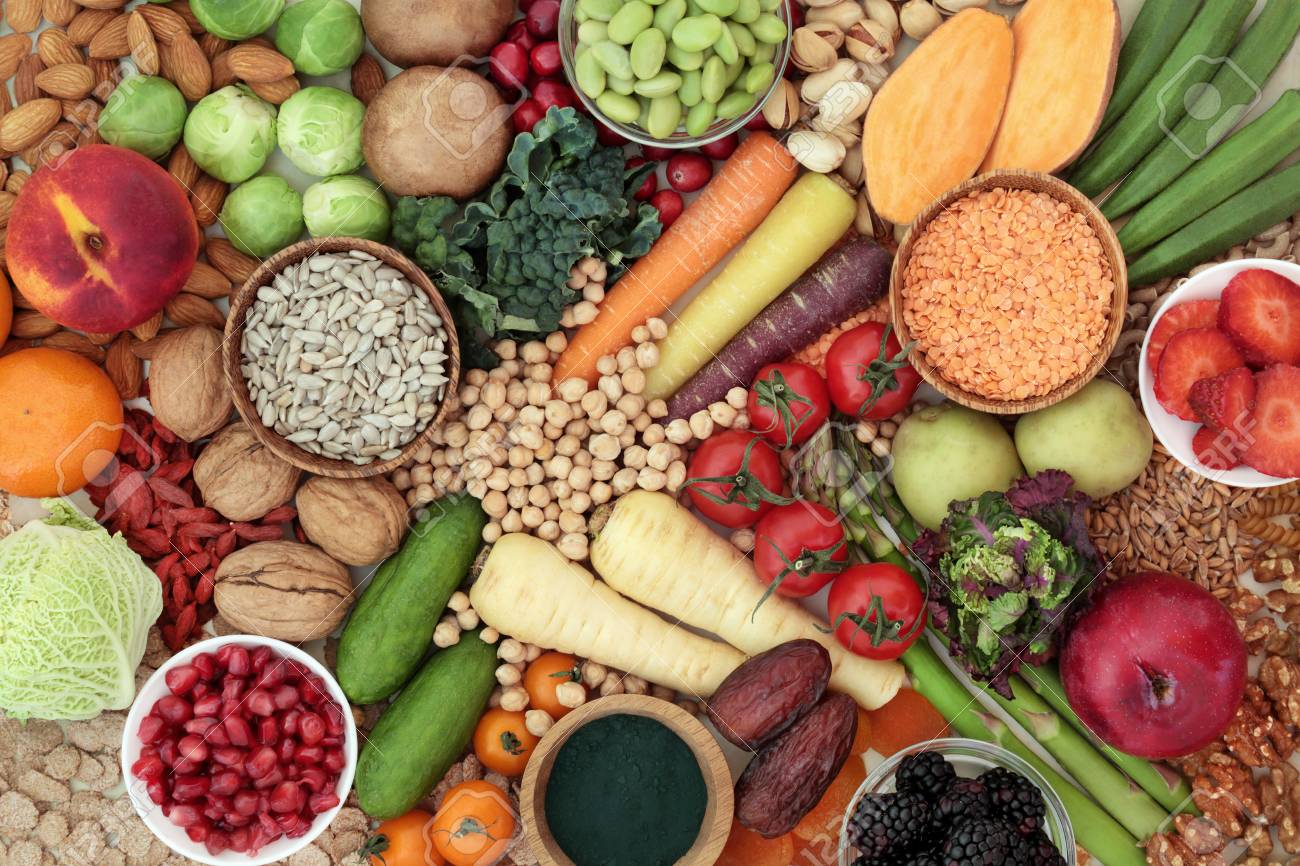Embarking on a journey towards vegetarianism or veganism can be a profound, health-enhancing choice when executed with mindfulness and nutritional adequacy. The essence of these dietary patterns is a reduction or elimination of animal products, yet, a healthy approach to plant-based eating involves more than merely omitting certain foods.
1. Understanding the Basics
1.1 Vegetarianism
Vegetarians exclude meat and seafood from their diet, while some might still consume dairy products and eggs.
1.2 Veganism
Vegans abstain from all animal-derived products, including meat, dairy, and eggs, often extending this practice to other areas of life, such as avoiding leather and products tested on animals.
2. Nutritional Considerations
2.1 Protein Sources
Opt for a variety of plant-based proteins like legumes, tofu, tempeh, and edamame, ensuring amino acid diversity.
2.2 Vitamin B12
Since B12 is predominantly found in animal products, consider fortified foods or supplements to meet your nutritional needs.
2.3 Iron Absorption
Pair iron-rich foods, such as lentils and spinach, with vitamin C-rich foods, like peppers and oranges, to enhance non-heme iron absorption.
2.4 Omega-3 Fatty Acids
Incorporate sources of plant-based omega-3s like flaxseeds, chia seeds, and walnuts, or consider algae-based supplements.
2.5 Calcium and Vitamin D

Select calcium-fortified plant milks and juices, and ensure adequate vitamin D through sunlight exposure or supplements.
3. The Health Benefits
3.1 Cardiovascular Health
Plant-based diets, abundant in fruits, vegetables, and legumes, are linked with a reduced risk of cardiovascular diseases.
3.2 Weight Management
Often lower in calories and saturated fats, vegetarian and vegan diets can facilitate weight management and support metabolic health.
3.3 Antioxidant Rich
A plethora of fruits and vegetables provides abundant antioxidants, potentially mitigating oxidative stress and inflammation.
4. Mindful Eating and Lifestyle
4.1 Balanced Plate
Ensure your meals encompass a mix of proteins, healthy fats, carbohydrates, and an abundance of fruits and vegetables.
4.2 Listen to Your Body
Tune into your body’s hunger and fullness cues, and address any recurrent cravings or dietary deficiencies.
4.3 Lifestyle Integration
Consider how your dietary choices intertwine with other aspects of your lifestyle, such as physical activity and stress management.
5. Beyond Diet: Ethical and Environmental Impacts
Adopting a plant-based diet also often aligns with ethical considerations regarding animal welfare and environmental sustainability, further enriching the personal significance and impact of this dietary choice.
6. Conclusion
Whether motivated by health, ethical beliefs, or environmental concerns, adopting a vegetarian or vegan lifestyle can be nutritionally abundant and beneficial when approached mindfully. Embracing a varied diet that prioritizes nutrient density supports not only personal health but also broader ethical and environmental initiatives. Always consider seeking guidance from a healthcare professional or a registered dietitian to ensure your dietary pattern is healthful, balanced, and nutritionally adequate.
